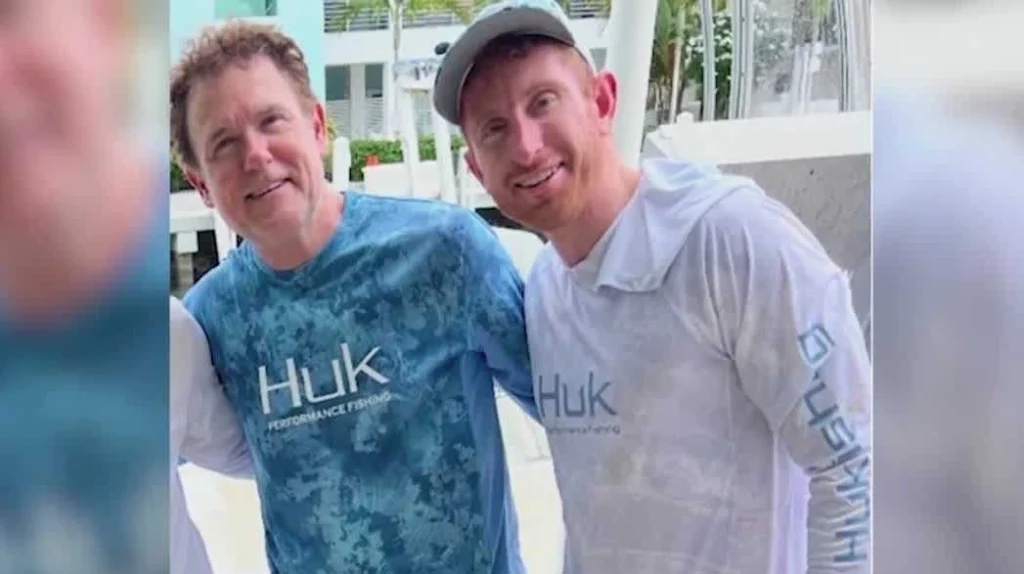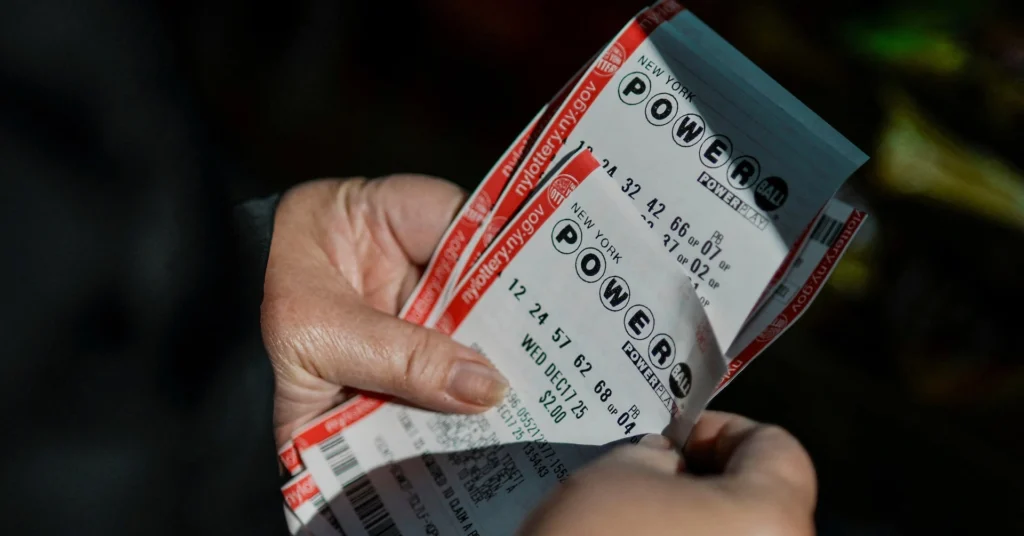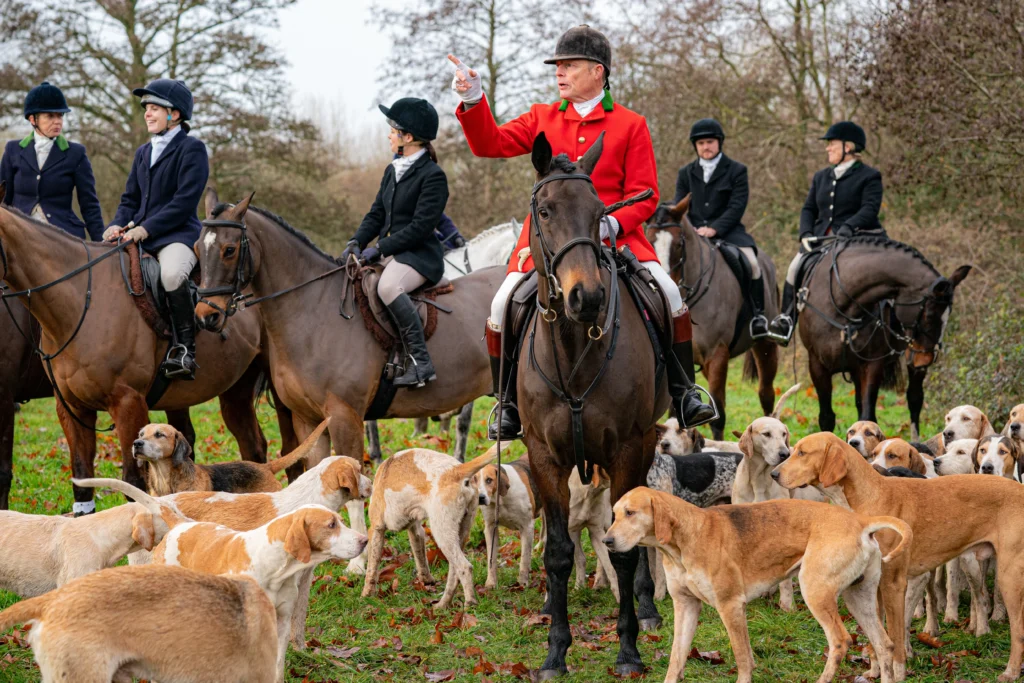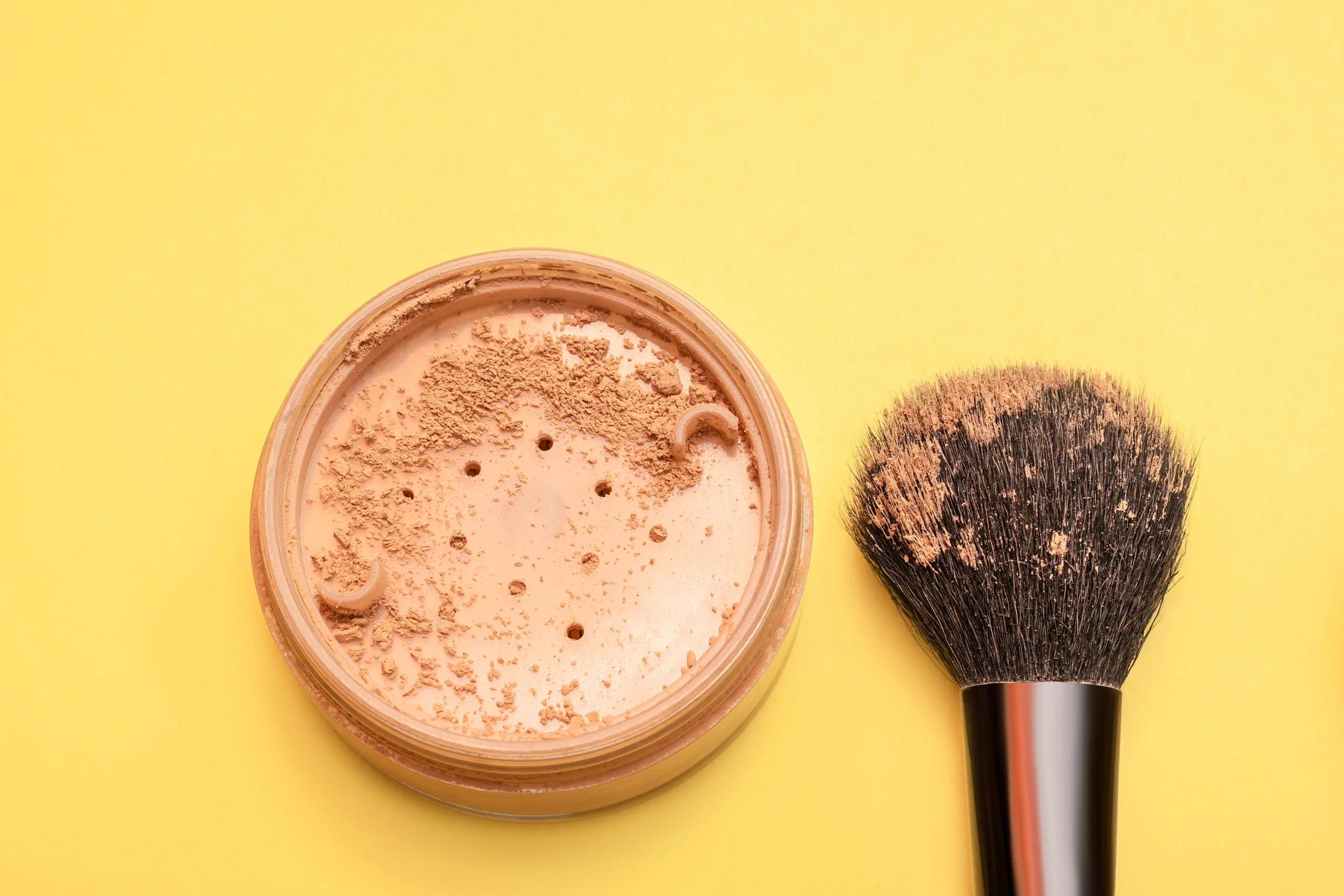President Donald Trump approved sending 300 National Guard troops to Chicago to tackle rising crime concerns. He cited what he called out-of-control violence in the city.
Earlier, immigration authorities clashed with protesters in the Democrat-led city. During the confrontation, they shot an armed woman after her group rammed law enforcement vehicles.
State and local officials have criticized Trump’s deployment plan for weeks, calling it an abuse of presidential power. Illinois Governor JB Pritzker argued that Trump aimed to manufacture a crisis.
Meanwhile, a federal judge in Portland, Oregon, temporarily blocked Trump’s plan to send 200 troops there. This ruling highlights growing tensions over federal troop deployments in liberal cities.
Judge Karin Immergut pushed back against Donald Trump’s claims about Portland, saying his statements were “untethered to the facts.” She explained that his decision broke constitutional limits and ignored state authority.
She also pointed out that sending the military into Oregon without the state’s approval threatened its independence. Even worse, her ruling noted that the move only made tensions in Portland grow stronger and led to more protests in the streets.
Immergut warned that mixing civil authority with military force could blur the boundaries that protect democracy. She stressed that this kind of action puts the nation’s core values at risk.
Right now, it’s still unclear if federal troops have reached Chicago. However, if they do, many expect an immediate legal fight. For that reason, Immergut urged leaders to respect both the Constitution and the will of the people before taking such steps.

Chicago has become the latest city targeted for a controversial troop deployment, following Washington, Los Angeles, Memphis, and Portland. Many of these cities are led by Democratic officials, which has fueled political debate. Furthermore, the decision has sparked national attention due to its unusual nature.
The deployments raise significant legal and constitutional questions. Normally, state governors control National Guard troops, and century-old laws restrict military involvement in domestic affairs. Therefore, critics argue that federal intervention could set a concerning precedent.
Protests over immigration enforcement have surged across Chicago, particularly outside US Immigration and Customs Enforcement facilities. Additionally, these demonstrations have often turned tense, creating safety concerns for both citizens and law enforcement.
White House spokeswoman Abigail Jackson emphasized the federal response. “Amidst ongoing violent riots, local leaders like [Gov] Pritzker have refused to act,” she said. “President Trump authorized 300 National Guardsmen to protect federal officers and assets. He will not ignore the lawlessness threatening American cities.”
On Saturday, US Border Patrol officers in Chicago shot a woman after a group rammed vehicles into immigration enforcement cars, the Department of Homeland Security (DHS) confirmed. Authorities said the woman carried a weapon during the incident.
According to DHS, she drove herself to a nearby hospital, but officials did not immediately disclose the extent of her injuries. Witnesses described a tense scene as officers responded quickly to protect public safety.
Earlier this week, President Trump discussed his ongoing military deployments to US cities while addressing top military leaders. He emphasized the need to use American cities as “training grounds” for troops.
He explained that this approach helps soldiers prepare to fight domestic threats and manage civil unrest more effectively. Additionally, the president encouraged military leaders to focus on readiness and rapid response in urban areas.
“They’re extremely unsafe, and we will fix them one by one,” he said, referring to Democratic-led cities like Chicago. Moreover, he told military leaders that this effort would play a “major role for some people in this room.”
For nearly a month, Trump has threatened to deploy troops to Chicago, pointing to rising crime rates and frequent shootings. In addition, he emphasized that immediate action remains critical to protect residents.
Violent crime in Chicago has dropped significantly over the past two years. Specifically, between January and June, the homicide rate fell by one-third compared with the same period last year, according to the Council on Criminal Justice.
However, Chicago’s overall crime levels still exceed the national average for many US cities. In fact, during the Labor Day holiday weekend last month, at least 58 people were shot, including eight fatalities. Consequently, city leaders continue to face immense pressure to improve public safety.











